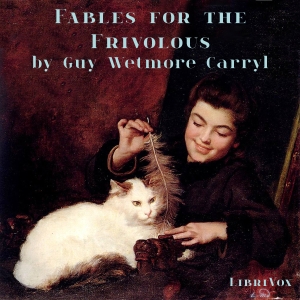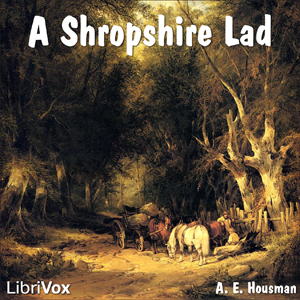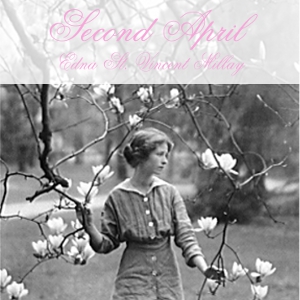- Anecdote of Canna
- Anecdote of Men by the Thousand
- Anecdote of the Jar
- Another Weeping Woman
- Apostrophe to Vincentine, The
- Autumn
- Banal Sojourn
- Bantams in Pine-Woods
- Bird with the Coppery, Keen Claws, The
- Bowl
- Carnet de Voyage
- Cortège for Rosenbloom
- Cuban Doctor, The
- Curtains in the House of the Metaphysician, The
- Depression Before Spring
- Disillusionment of Ten O'Clock
- Domination of Black
- Earthly Anecdote
- Emperor of Icecream, The
- Explanation
- Exposition of the Contents of a Cab
- Florist Wears Knee-Breeches, The
- Frogs Eat Butterflies, Snakes Eat Frogs, Hogs Eat Snakes, Men Eat Hogs
- From a Junk
- From the Misery of Don Joost
- Gray Room
- Gubbinal
- Hibiscus on the Sleeping Shores
- Home Again
- Hymn from a Watermellon Pavilion
- In Battle
- Indigo Glass in the Grass, The
- Infanta Marina
- Invective Against Swans
- Life Is Motion
- The Load of Sugar Cane
- Lulu Gay
- Meditation
- O, Florida, Venereal Soil
- Outside the Hospital
- The Paltry Nude Starts on a Spring Voyage
- Peter Quince at the Clavier
- Phases
- The Place of the Solitaires
- Plowing on Sunday
- The Snow Man
- Song 'There are great things doing'
- Tattoo
- Tea
- Theory
- Thirteen Ways of Looking at a Blackbird
- To the Roaring Wind
- Valley Candle
- The Wind Shifts
A collection of Wallace Stevens poems written before 1923.
Stevens trained to be a lawyer. Within eleven years after this series of poems were written, he was vice-president at the Hartford Accident and Indemnity Company in Connecticut. He continued to pursue a quiet life of poetry and correspondence and for the remainder of his life he nurtured his contemplative habit of observation and writing as he walked from home to work and back again. Few at Hartford knew of his world acclaim as a poet. While his major work is considered to have been written when he was much older, many of these early poems are firm classics in the American poetic canon, including: “Anecdote of the Jar,” “The Emperor of Ice Cream,” “Peter Quince at the Clavier,” “Sunday Morning,” “The Snow Man,” “Thirteen Ways of Looking at a Blackbird,” and many others. Stevens died of cancer in 1955, shortly after receiving that year’s Pulitzer Prize for poetry.
These poems originally appeared in a variety of magazines (Others, Secession, Rogue, The Soil, The Modern School, Broom, Contact, The New Republic, The Measure, The Little Review, The Dial, and particularly in Poetry: A Magazine of Verse.) Nearly 70 of the 101 published poems were later collected in Stevens' first published collection of poems, HARMONIUM. (Summary by Alan Davis Drake)
Stevens trained to be a lawyer. Within eleven years after this series of poems were written, he was vice-president at the Hartford Accident and Indemnity Company in Connecticut. He continued to pursue a quiet life of poetry and correspondence and for the remainder of his life he nurtured his contemplative habit of observation and writing as he walked from home to work and back again. Few at Hartford knew of his world acclaim as a poet. While his major work is considered to have been written when he was much older, many of these early poems are firm classics in the American poetic canon, including: “Anecdote of the Jar,” “The Emperor of Ice Cream,” “Peter Quince at the Clavier,” “Sunday Morning,” “The Snow Man,” “Thirteen Ways of Looking at a Blackbird,” and many others. Stevens died of cancer in 1955, shortly after receiving that year’s Pulitzer Prize for poetry.
These poems originally appeared in a variety of magazines (Others, Secession, Rogue, The Soil, The Modern School, Broom, Contact, The New Republic, The Measure, The Little Review, The Dial, and particularly in Poetry: A Magazine of Verse.) Nearly 70 of the 101 published poems were later collected in Stevens' first published collection of poems, HARMONIUM. (Summary by Alan Davis Drake)
There are no reviews for this eBook.
There are no comments for this eBook.
You must log in to post a comment.
Log in











